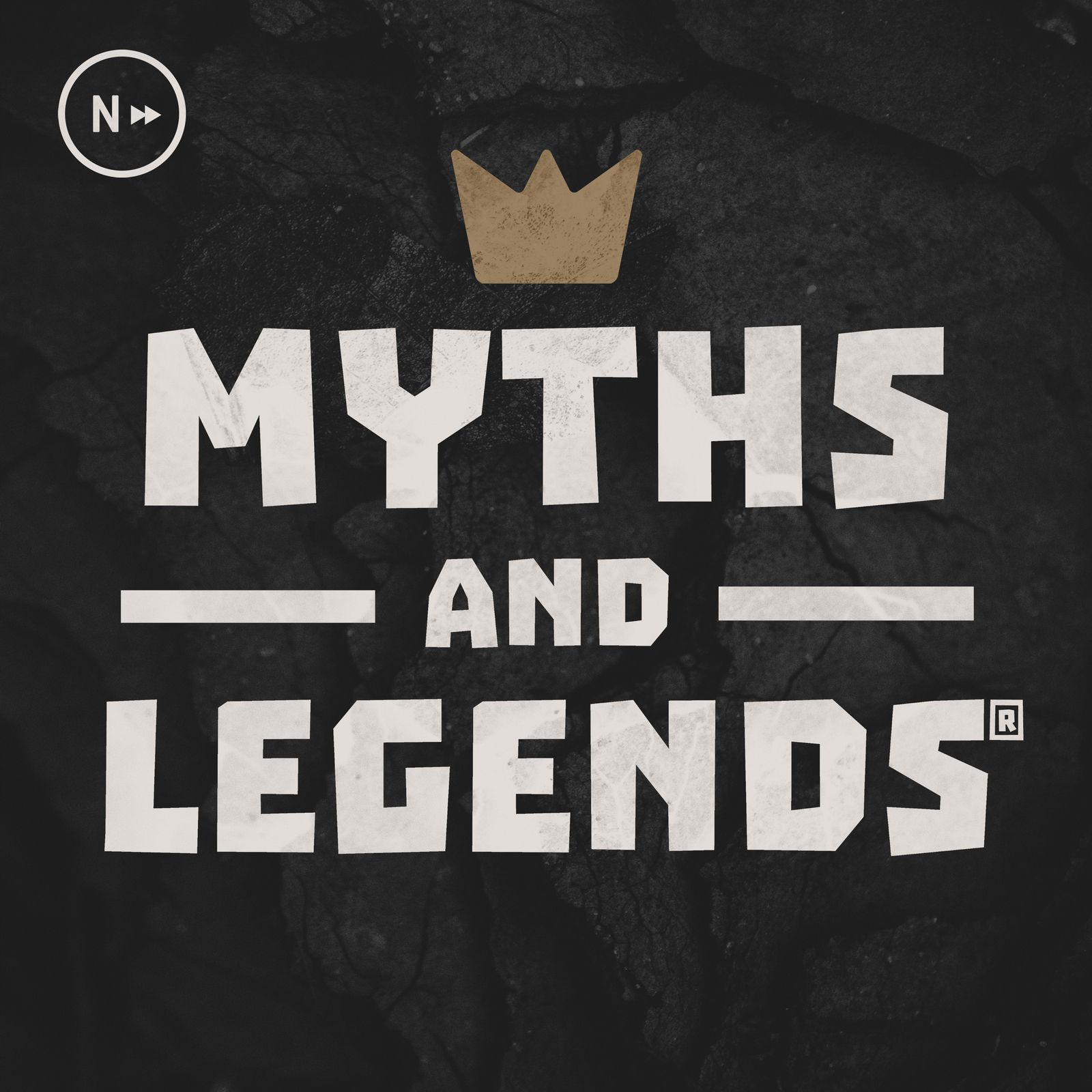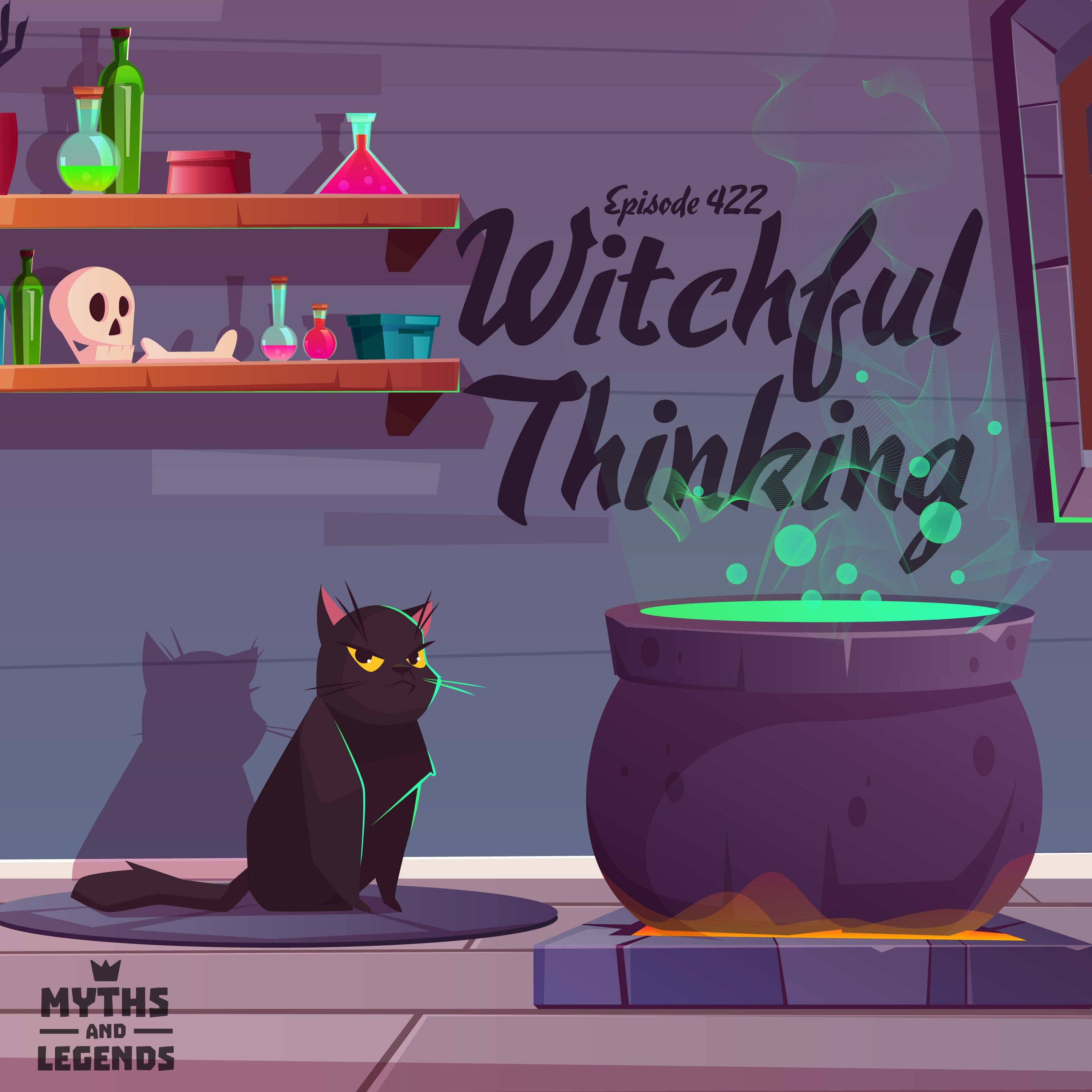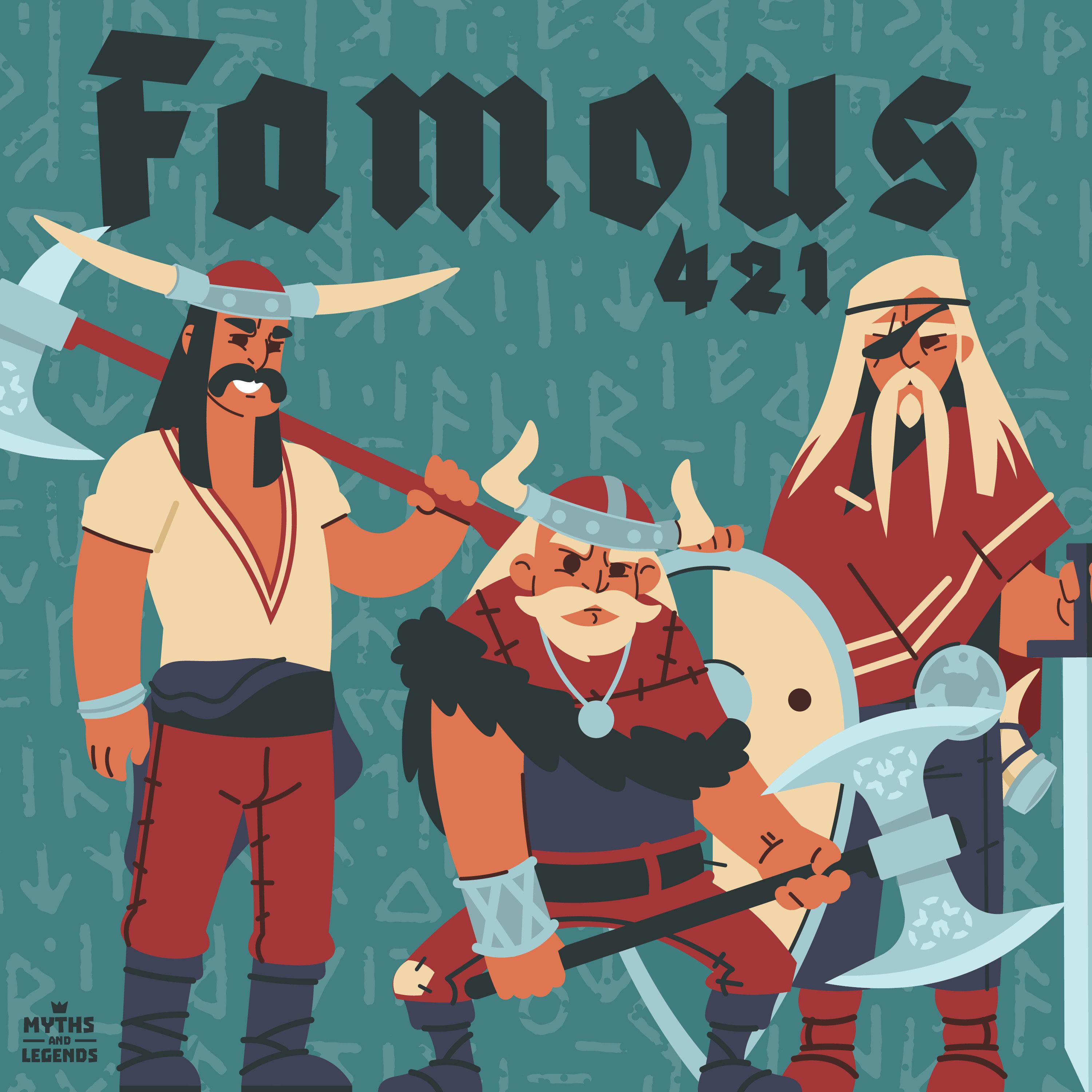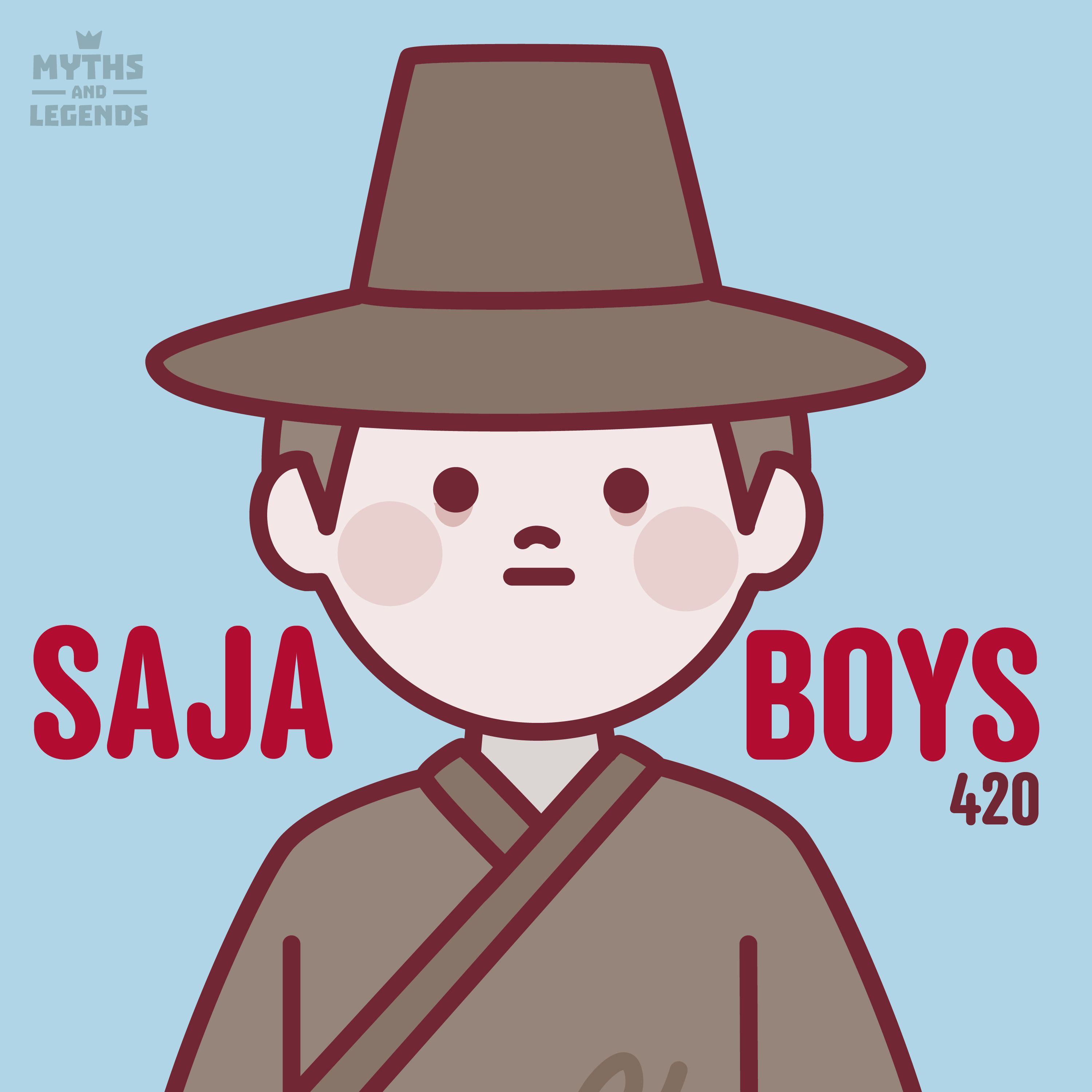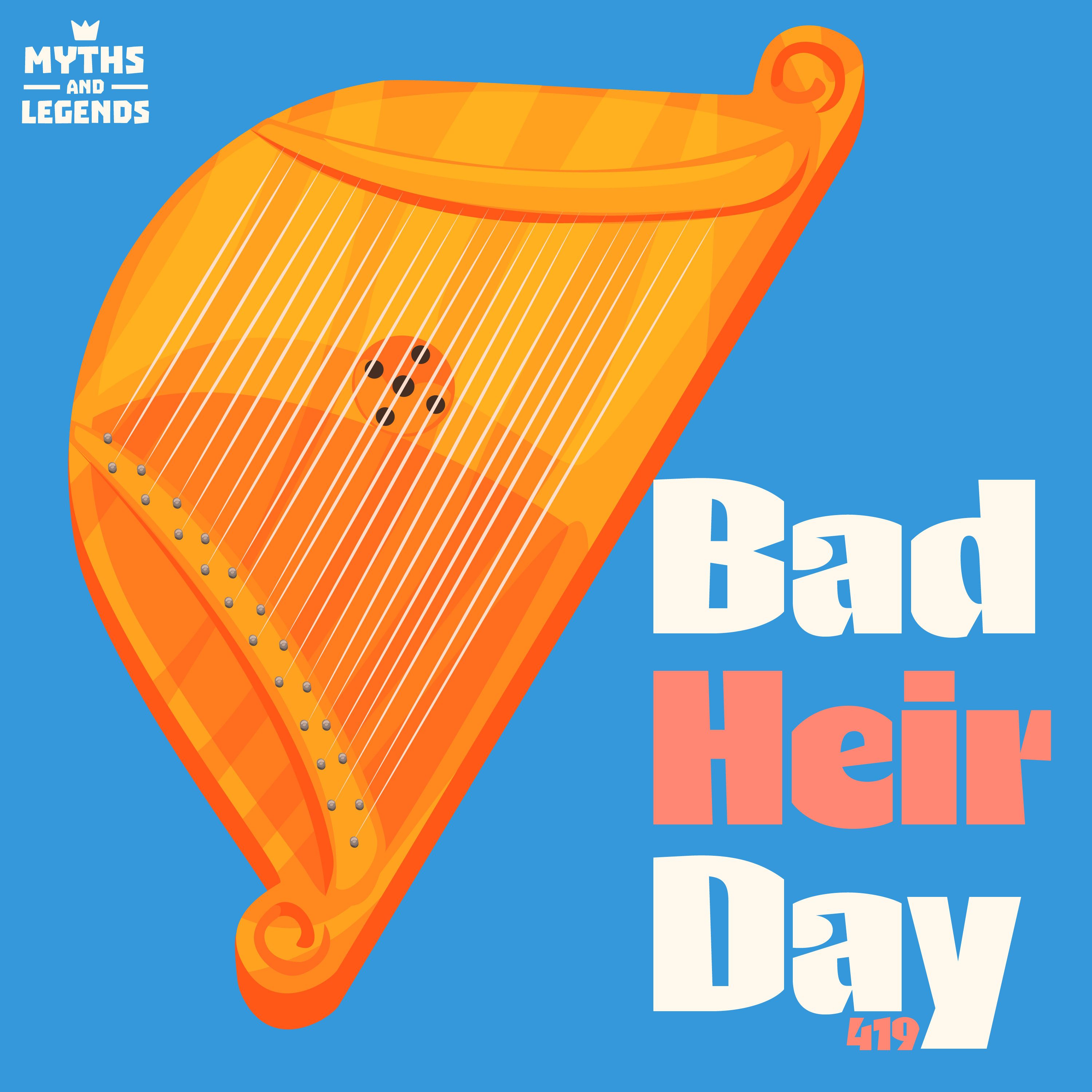369: Japanese folklore: Pilgrims
Two stories from Japan. On the first, a former samurai's wife is up to something and he's going to figure out what. On the second, we'll see that kindness matters most...but only if you're absolutely forced into doing it.
The creature is the salamander! It'll turn you into a spicy human burrito!
Want to support the show? https://www.mythpodcast.com/membership
A TED-Ed video of the second story: https://myths.link/pilgrims-teded
---
Sponsors:
GhostBed: Visit GhostBed.com/legends and use the code LEGENDS to save 50% off your purchase sitewide!
Shady Rays: Exclusively for our listeners, Shady Rays is giving out their best deal of the season. Head to https://shadyrays.com and use code: LEGENDS for $20 off polarized sunglasses. Try for yourself the shades rated 5 stars by over 300,000 people.
BetterHelp: Myths and Legends is Sponsored by BetterHelp. Visit https://betterhelp.com/myths today to get 10% off your first month.
----
Music:
"Lost Stage" by Blue Dot Sessions
"Dolly and Pad" by Blue Dot Sessions
"Helter's Barrow" by Blue Dot Sessions
"Hibiscus" by Blue Dot Sessions
"Just Tuning Up" by Blue Dot Sessions
The creature is the salamander! It'll turn you into a spicy human burrito!
Want to support the show? https://www.mythpodcast.com/membership
A TED-Ed video of the second story: https://myths.link/pilgrims-teded
---
Sponsors:
GhostBed: Visit GhostBed.com/legends and use the code LEGENDS to save 50% off your purchase sitewide!
Shady Rays: Exclusively for our listeners, Shady Rays is giving out their best deal of the season. Head to https://shadyrays.com and use code: LEGENDS for $20 off polarized sunglasses. Try for yourself the shades rated 5 stars by over 300,000 people.
BetterHelp: Myths and Legends is Sponsored by BetterHelp. Visit https://betterhelp.com/myths today to get 10% off your first month.
----
Music:
"Lost Stage" by Blue Dot Sessions
"Dolly and Pad" by Blue Dot Sessions
"Helter's Barrow" by Blue Dot Sessions
"Hibiscus" by Blue Dot Sessions
"Just Tuning Up" by Blue Dot Sessions
Press play and read along
Transcript
Transcript is processing—check back soon.
Myths and Legends — 369: Japanese folklore: Pilgrims
